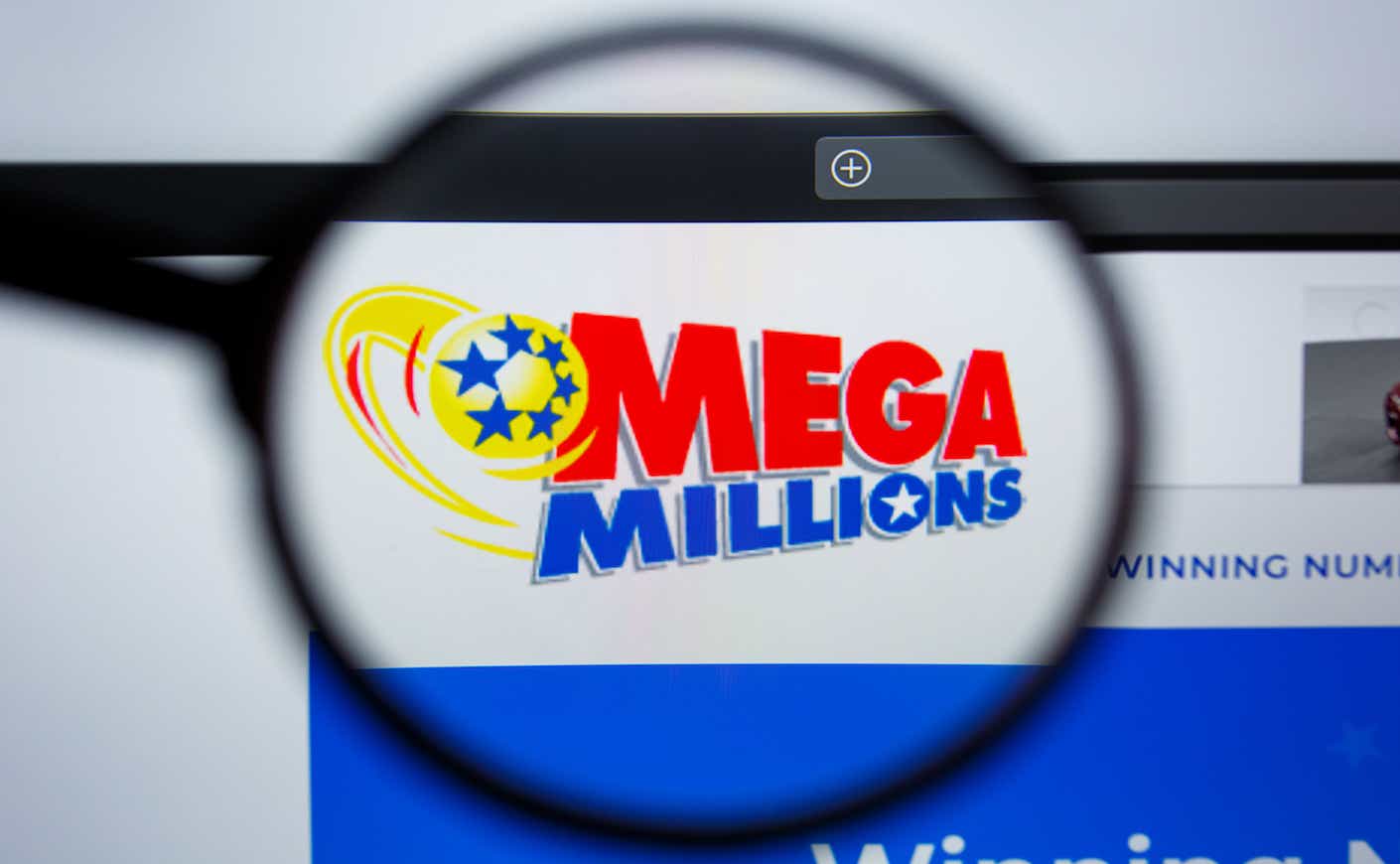This week, the Mega Millions jackpot skyrocketed to an astonishing $1.05 billion after no winning tickets were sold in Friday’s drawing. This marks the fifth time ever that the jackpot has hit the billion mark — which means that some lucky person could soon become a billionaire.
…Before taxes, that is.
Given the size of this number, you might be wondering how, exactly, this kind of massive payout works with a lottery. It’s not like the person can simply pick up a suitcase of cash, after all. Here’s a quick explainer on what happens once you (hey, it’s nice to dream!) win the jackpot to end all jackpots.
How the Mega Millions lottery payout works
The next drawing for the $1.05 billion prize will take place Tuesday at 11 p.m. Eastern. If someone gets the winning numbers, they will walk away with approximately $527.9 million in post-tax cash — depending on how they choose to receive those winnings. So how do they access that money?
Interestingly, a lottery winner gets to choose from two payout options. The first option is to receive the “full price” via 30 payments over 29 years. Each payment is 5 percent bigger than the previous one, which is done in order to “help protect winners’ lifestyle and purchasing power in periods of inflation,” per Mega Millions.
For example, if you chose the annuity option for a jackpot of $100 million, your first annual payment would be $1.5 million, and later annual payments would peak at around $6.5 million. Not a bad yearly salary for no work whatsoever.
The other payout option is a one-time lump sum payout that’s actually less than the advertised Mega Millions jackpot amount — and that’s where the fine print comes in.
Why would someone pick the Mega Millions annuity payout option over the cash payout option?
You might be wondering why anyone would opt to receive the annual payments over the lump sum payment if they win the Mega Millions — and the answer has to do with some technicalities about the Mega Millions fine print.
First, it’s important to understand that the jackpot for Mega Millions is only the amount that’s been advertised if the winner chooses to do an annuity payment option. If someone chooses the lump sum option, then the payout is actually much less, CNN reports.
Specifically, for this current Mega Millions number, the jackpot would only be $1.05 billion if the winner chooses the annuity payment, which they’d receive in 30 installments over 29 years. If they choose the lump sum payment, it would be closer to $527.9 million — before taxes. With federal withholding taxes, it would come out around $401.2 million, but could be cut down even further depending on the winner’s taxable income.
Put as simply as possible, there are a lot of incentives to choose the annuity payments over the lump sum payment (you get more money in the end, for one thing, and you have less of a chance to blow it all in a few years, for another), but in spite of that, most people end up choosing the lump sum payment anyway.
If you do end up winning this Mega Millions jackpot (again: we’re nothing if not positive here at Katie Couric Media), you should definitely consider the annuity option, even though the lump sum is certainly a sexier number.
Take this warning story as an example: One recent lottery winner won a $315 million Powerball in 2002 and chose the lump sum payout. This reduced the price to $170 million, which ended up being $83 million after taxes. He then burned through that cash and was subject to theft frequently, telling CNN at one point, “People have tried to rob me a dozen times.”
In 2015, that man revealed that he was still working at 68 years old, because he’d lost so much of the prize money. He also spent $600 a week on lottery tickets, hoping to win again.
This might be one of those stories you keep in mind when you see that big, flashy number on the screen. Yes, it would be great to literally win the lottery — but the cash prize ends up being a fraction of what you see advertised, and in some ways it might just be more trouble than it’s actually worth.













